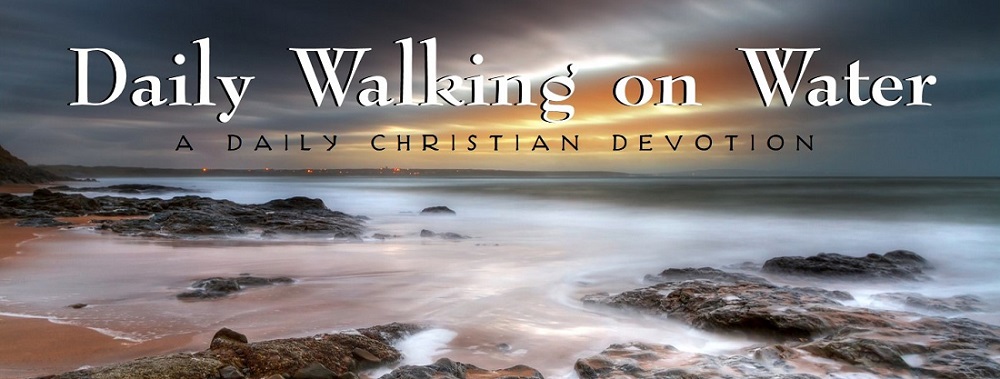And the silence of the dawn arose after "It is finished."
For years, Holy Saturday felt weird to me. There was all the intensity of the prior week's ministrations—meals, solemn readings, funeral-esk music, sanctuary stripping, communion—and then this dead space of Holy Saturday. In my childhood church experience, the only thing that happened on Holy Saturday was my mother did her routine flower arranging for Easter morning and placed it on the altar at church for the next morning's anticipated celebration. In my kid's understanding, Holy Saturday was a boring letdown. My mom said that was the way it was supposed to feel.
"This is how it is supposed to feel"—when conscience and faith need to be consulted on the unfolding events in which one is involved. Holy Saturday is a pause. In one's conscience, what is happening? World events, even local events, can have disturbing impacts on our emotional life flow. It is somewhat easy to push them aside with the brain's self-protection of, "It can't happen to me." It feels as though that is our only means of coping. But the blows to one's sense of safety and protection feel the punch just the same.
- A friend's cancer diagnosis or fatal heart attack.
- A mom and three children's lives are snuffed out by the flash of a teen's car speeding over 100 mph in a 40.
- An innocent random woman minding her own business driving to work is hit & killed by a bullet from a shooter in the woods.
- A bridge collapses, and six construction workers are gone.
- Miniscule parachute drops are falling to feed thousands of starving Palestinians ironically while the intentional counteraction of killing them continues its relentless climb toward a million dead.
- The earth's "carrying capacity" is well beyond sustainable, yet voracious consumption of her resources continues, while in the halls of power, stuffed shirts quibble about the significance and validity of individual data points.
It is overwhelming to absorb all of the "it is finished" happenings. We need a daily "Holy Saturday" to find a pause button and soak in the redeeming and calming silence—a day apart from the torrent—to reconnect with the Holy.
Jesus' closing discourses were all about this life circumstance. Terror, destruction, and the end of life are not time-limited. They have always been and are a part of human existence—wars and rumors of wars, death, hatred, persecution—"yet not a hair of your head will perish. By your endurance you will gain your lives" (Luke 21:18) . Some Pollyanna language is put in Jesus' mouth, but Jesus' life example was not rooted in Pollyanna. Rather, he was pragmatic and hands-on. As we endure and hold tight to faith in eternal existence, "the former will pass away, and all things will become new." (Rev 21)
We have Holy Saturday(s) to bathe in silent reflection on how our very DNA is entwined with the eternal love of God. In love, we were born. By love, we live. Through love, we return. Regardless of the horrors of daily "crucifixions," we cannot succumb to the oceans of tears. We continue the mission to serve with kindness and empathy. We arise again day after day, even after being beaten down, to walk the Good Road, to be living witnesses to the Eternal Love that cannot be extinguished. Ever.
